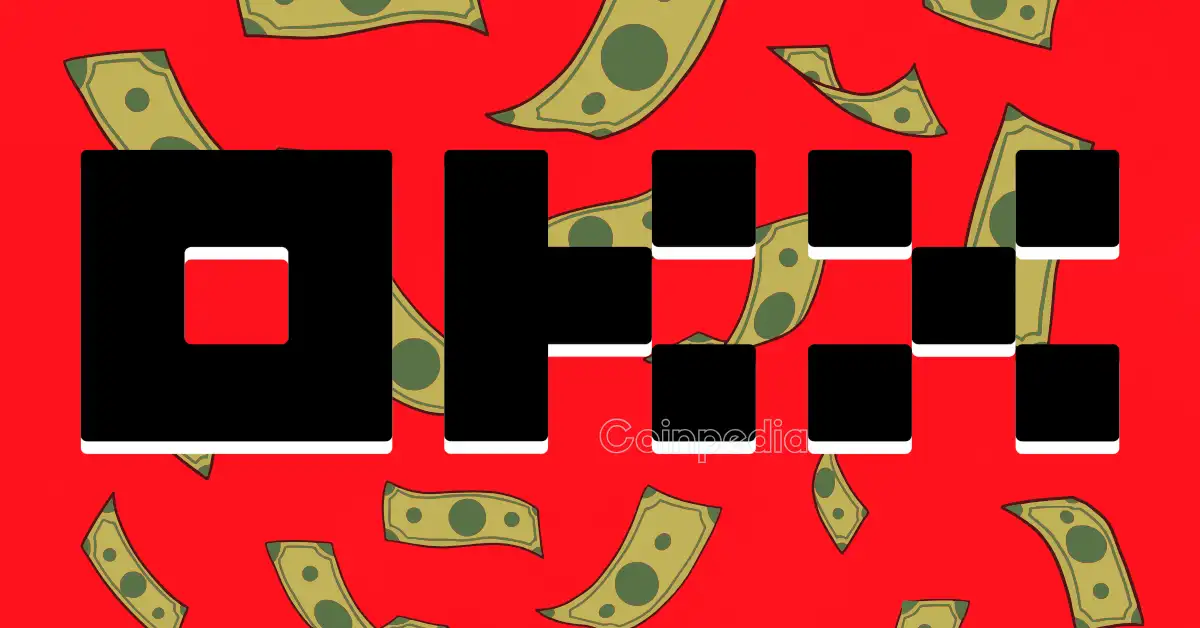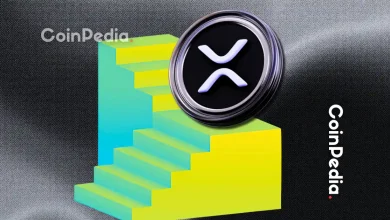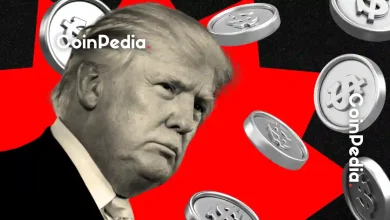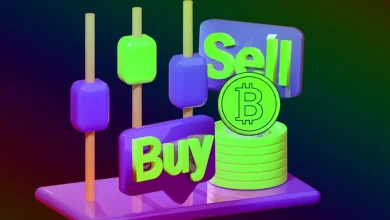
OKX settled with the DOJ, admitting to operating without a U.S. license and facilitating illicit transactions, paying over $500 million in fines.
Despite claiming to block U.S. users, OKX actively sought them, even advising users to bypass KYC requirements.
Ongoing CFTC investigations into fraud and market manipulation may lead to further legal actions against OKX.
OKX, one of the world’s largest cryptocurrency exchanges, has admitted to breaking U.S. laws and settled with the Department of Justice (DOJ) for over $500 million. The exchange acknowledged operating in the U.S. without the required license and agreed to pay hefty penalties and forfeitures.
With this settlement, OKX hopes to move forward, but its troubles might not be over just yet. Here’s everything you need to know about the case and what could come next.
What Did OKX Do Wrong?
Although OKX claimed to block U.S. customers, the DOJ found that the exchange actively sought them out. Acting U.S. Attorney Matthew Podolsky stated that OKX processed billions in criminal proceeds and suspicious transactions. However, the settlement does not include claims of direct harm to customers.
OKX’s American branch, OKcoin, is also facing scrutiny. The Commodity Futures Trading Commission (CFTC) issued a subpoena on February 24, 2024, referencing fraud and other illegal activities tied to digital asset transactions. The CFTC is also investigating a flash crash in January 2024 that affected OKX’s native token, OKB.
The exchange has pledged to compensate impacted users.
Internal Compliance vs. DOJ Findings
In January 2024, OKX introduced an ethics and compliance helpline, urging employees to report any misconduct. However, DOJ findings suggest that some OKX employees previously advised users on how to bypass restrictions.
One key example cited by the DOJ involved an OKX employee telling a U.S. customer to falsify information during Know Your Customer (KYC) verification. The user was instructed to select a different nationality and enter random ID details.
- Also Read :
- Big News: SEC Plans to Cut 10 Regional Office Leaders as Part of DOGE-Driven Cost-Cutting Plan
- ,
It Doesn’t Stop There
Despite claims that it blocked U.S. users since 2017, OKX actively marketed its services in the country. The DOJ pointed out that the exchange sponsored the Tribeca Film Festival and promoted itself to U.S. audiences. At least one America-based customer even shared a video on using a VPN to bypass restrictions and access OKX.
What’s Next for OKX?
With this settlement, OKX aims to resolve its legal troubles and continue operating in global markets. However, ongoing CFTC investigations could lead to more legal action. The exchange has not yet commented on the settlement, and the CFTC has also declined to make a statement.
This case is yet another example of regulators cracking down on crypto exchanges that fail to comply with U.S. laws, signaling stricter enforcement in the industry.
Never Miss a Beat in the Crypto World!
Stay ahead with breaking news, expert analysis, and real-time updates on the latest trends in Bitcoin, altcoins, DeFi, NFTs, and more.
FAQs
No, OKX is not licensed in the U.S. and restricts American users. Attempting to access OKX in the USA may violate regulations.
OKX lacks the required licenses to operate in the U.S. and faced DOJ scrutiny for violating regulations and allowing illegal transactions.







